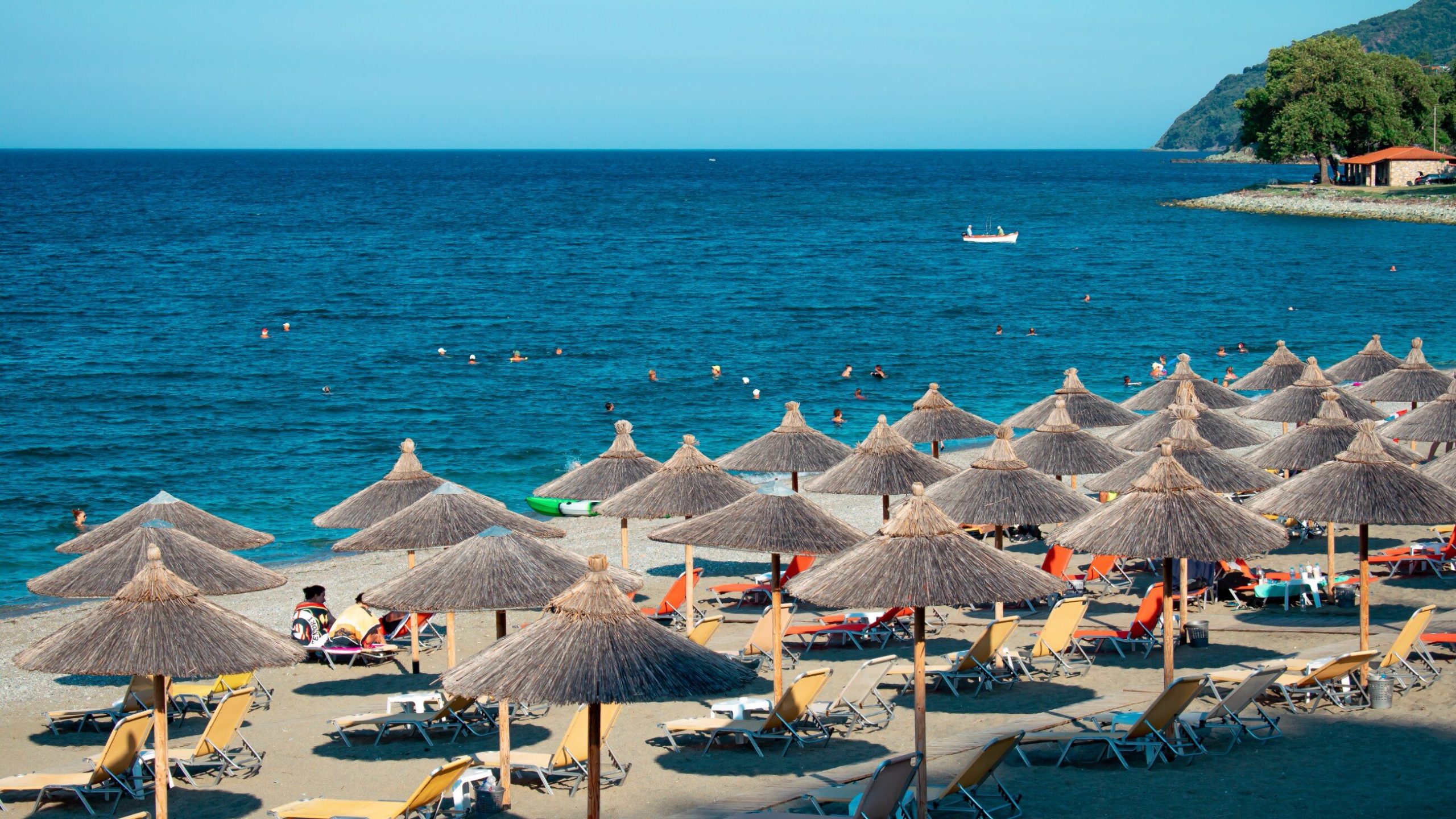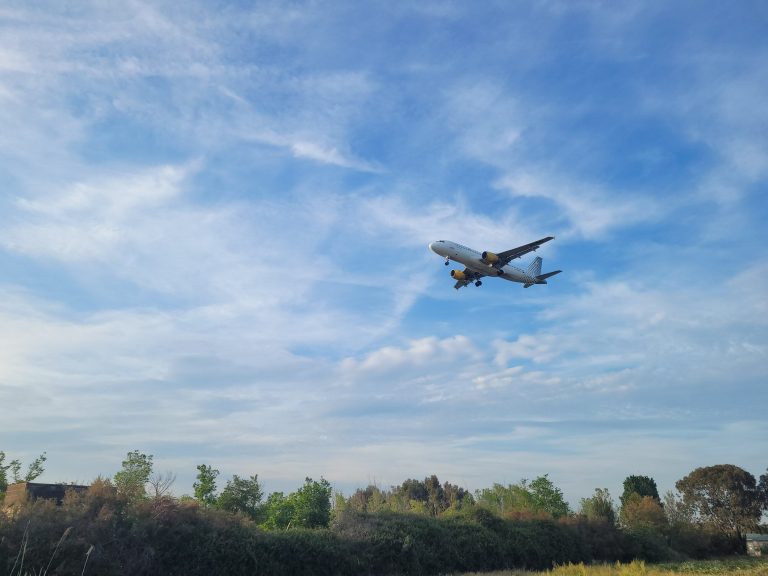Holidays in a European country will be more expensive. The authorities are raising taxes

Greece enjoys great interest from tourists, but this year’s holidays and new government ideas may change this. First, travelers had to deal with natural disasters here, and now they will pay more for their holidays.
The 2023 holiday season has come to an end. And while it was good in many respects – lots of people went on holiday and traveled – it was also disturbing at times. In southern Europe, fires and floods raged alternately, causing a lot of damage to the inhabitants of given regions, as well as to guests resting there.
One of the countries that fell victim to disasters was Greece. And although it is still considered one of the most popular holiday countries, this may change due to disasters. The government is also contributing to this tense situation by wanting to increase taxes on tourists.
Higher taxes in Greece
Greece will increase hotel tax to support budget for natural disasters. The authorities intend to double the existing funds to fight the consequences of disasters that are a direct result of climate change.
Accommodation fees, mainly in luxury hotels, will be higher.
“The climate crisis is here and it is forcing us to look at everything differently. We have already created a special reserve for natural disasters in the amount of EUR 300 million, and in 2024 it will amount to EUR 600 million. An additional €300 million will come from an increase in the daily accommodation tax,” Prime Minister Kyriakos Mitsotakis said in his annual speech on economic priorities in Thessaloniki.
The government has announced that it will increase hotel fees from 1 to 6 euros per night. The so-called higher will be stay tax, which is collected from hotel guests in Greece.
Hotel tax for guests in Greece
From January 1, 2018, a “residence tax” is imposed on hotel guests in Greece for the daily use of rooms in hotels or accommodation. Therefore, tourists pay 50 euro cents in one- and two-star hotels, 1.50 euros in three-star hotels, 3 euros in four-star hotels and 4 euros in five-star hotels.
“We want short-term rentals, it is a competitive product that supports the Greek economy and the income of property owners, but it is an activity that has caused a sharp increase in rents in various regions of the country and distorted competition, especially in tourism,” the Prime Minister added.
Therefore, from January 1, 2024, people earning income from three or more Airbnb properties will be subject to VAT and hotel and room rental fees.
Charging VAT on Airbnb rentals in Greece is one of the demands of the Hellenic Confederation of Tourism (SETE), which aims to ensure fair play in the tourism sector. Representing the majority of Greek tourism businesses, SETE has been calling on the government for some time to change the law regulating short-term rentals to protect tax-paying hotels.
In turn, tourists will pay a higher stay tax – for a stay in a 1- and 2-star hotel it is EUR 1.50 per night, for a stay in a 3-star hotel it is EUR 3, for a stay in a 4-star hotel it is EUR 7, and for a 5-star hotel it is as much as EUR 10 euro.






